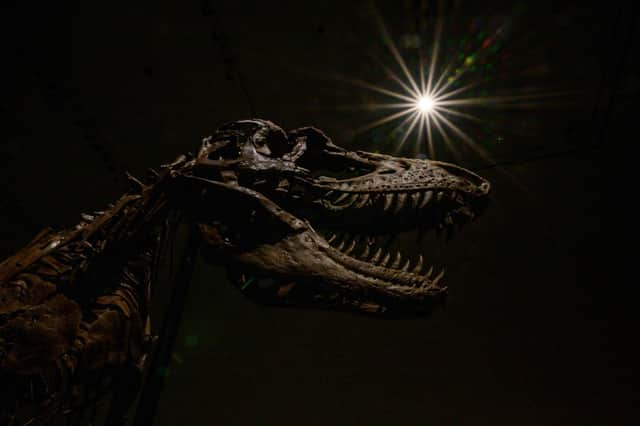Climate change: Plants behaving strangely is something to keep an eye on – Scotsman comment


Flowering early in spring is a common theme, while the mild weather last month was described as a “second spring”. November was more than two degrees Celsius warmer than average prompting a number of plant species to continue flowering for much longer than usual.
But systematic monitoring over a prolonged period will be necessary to track this climate change-induced trend and, thankfully, such work is currently being carried out by the Royal Botanic Garden Edinburgh (RBGE) at four sites in Scotland: its headquarters in the capital, Benmore in Argyll, Dawyck in the Borders, and Logan in Dumfries and Galloway.
Advertisement
Hide AdAdvertisement
Hide AdResearchers are tracking the annual life cycles of more than 150 different species to help assess how well they are coping with their changing conditions. Dr Antje Ahrends, RBGE’s head of genetics and conservation, warned that “changes in the annual life cycle of plants can have profound consequences for ecological processes, forestry, agriculture, food security and the global economy”.
One concern is that intricately connected ecosystems of flora and fauna could become out of sync, with harmful effects on different species quickening an already alarming rate of decline and extinction.
The current rate of species loss worldwide has been compared to the devastating effects of the large meteorite that crashed into the Earth 66 million years ago, causing the planet’s fifth mass extinction event and ending the Age of the Dinosaurs. If human beings are causing a sixth one, we really should do something about that.
Comments
Want to join the conversation? Please or to comment on this article.